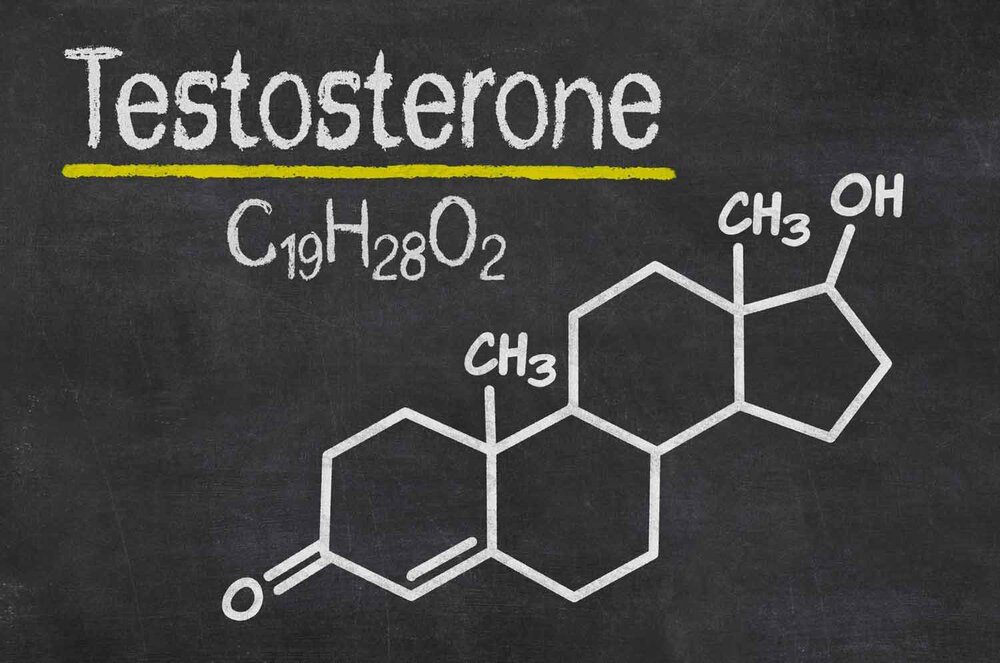What Is Low T And Why Do You Care?

Dr. Brenda Rempel
The goal of treatment is to reverse the symptoms of low-T and to restore testosterone levels to the normal with minimal side effects.
Picture this… it’s Saturday night hockey. You’ve got your snacks and are hanging with the guys. While waiting for the game to start, an ad flashes across the screen about low testosterone (low-T). What is low-T and why should you care? Ok. Let’s start from the beginning.
What is testosterone?
Testosterone is a type of hormone the body makes naturally. You can think of hormones as chemical messengers that turn different body processes on and off. In men, testosterone is produced mainly by the testicles. It is required for male development and sexual function. Testosterone is also responsible for building muscle and bone mass, sperm production and sex drive (libido). It also influences male pattern fat distribution, bone density and red blood cell production.
Testosterone levels peak during early adulthood. Starting at 30 years of age, testosterone levels decline by 1 per cent per year, which is a normal part of the aging process.
The normal range of testosterone in men is 8.4-28.8 nmol/L. Levels below 8.4 need to be investigated further to distinguish it from normal aging.
What is low testosterone (low- T) and how is it diagnosed?
It is defined as the underproduction or lack of production of testosterone in men. There are several chronic medical conditions that can cause low-T including: diabetes, infections, obesity, medications (opioids, chemotherapy), liver or kidney disease and other hormonal conditions.
Symptoms of low-T include fatigue, sleep pattern changes, low libido, sexual dysfunction and infertility, emotional changes, decreased strength and weight gain. Low-T testing includes linking symptoms to low testosterone blood levels. Usually two or three consecutive low morning values confirms the diagnosis.
What are the treatment options for low-T?
Treatment with testosterone is a fully accepted therapy in guys who have abnormal testosterone values and symptoms (hypogonadism). Discussing lab results and symptoms with your doctor will determine whether you should receive therapy and in what form. Forms currently available include injectables, gels and skin patches. Oral testosterone fails to provide adequate hormone levels over a 24-hour period. Testosterone pellets placed under the skin are currently not available in Canada. The goal of treatment is to reverse the symptoms of low-T and to restore testosterone levels to the normal with minimal side effects. Setting realistic goals for treatment, taking medications regularly and establishing timelines for follow up care and lab testing is important.
What are side effects of testosterone therapy?
Some side effects are related to the route of administration and others on testosterone itself. Most common side effects include growth of the prostate (benign prostatic hypertrophy), possible growth of existing prostate cancer, overproduction of red blood cells, skin reactions and decreased sperm production and testicle shrinkage.
Is there anything else I can do to improve my low-T?
The short answer is yes:
- Lose some weight: in overweight or obese men, a 5 per cent loss of their body weight can improve their body’s own production of testosterone. Studies also show significant improvement in sexual function
- Decrease or stop medications known to lower testosterone
- Stay physically active
- Get enough sleep
Restoring testosterone levels in men who struggle with Erectile Dysfunction (ED) may be adequate to completely reverse this problem or at minimum will help other ED therapies to be more effective.
As a dedicated endocrinologist, Dr. Rempel focuses on diagnosing and treating disorders related to the endocrine. This includes conditions including osteoporosis and diabetes. She also specializes in the research of disorders which affect the body’s endocrine system. The task of an endocrinologist also involves assessing different symptoms while running tests, eventually developing long-term plans for treatment.
Podcast
Contests & Promotions
















